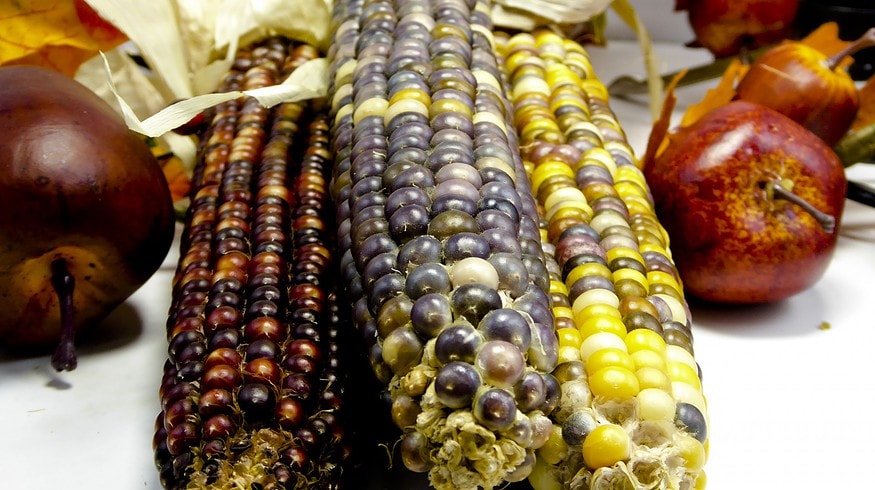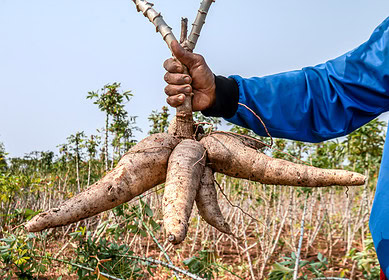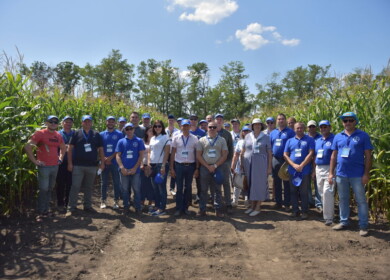Farmers turn to ancient Olotón corn crop as a solution to modern farming challenges

World Today News reports on the resurgence of Olotón corn, a traditional crop known for its unique ability to thrive without the need for artificial fertilizers or pesticides. This ancient variety, deeply rooted in the practices of the indigenous people of Sierra Mixe in Oaxaca, Mexico, has garnered attention from global agricultural firms due to its environmentally friendly cultivation methods.
Olotón corn possesses aerial roots that secrete a mucus-like substance, fostering the growth of symbiotic bacteria that naturally fix atmospheric nitrogen. This process provides the plant with up to 80% of its necessary nutrients, reducing the need for chemical fertilizers. Conventional nitrogen fixation methods, which involve high temperatures and natural gas, are significant contributors to CO2 emissions and, thus, to climate change.
The resurgence of Olotón corn is not just about agricultural innovation but also cultural heritage. This crop is a testament to the genetic ingenuity of the Sierra Mixe people, dating back to pre-colonial times. Its revival promises a shift towards more sustainable farming practices worldwide. However, there’s a growing concern over biopiracy, as some entities attempt to rebrand this ancient knowledge as a product of modern science, overshadowing its true origins among Mexican indigenous communities.
The cultivation of Olotón corn demonstrates sustainable agriculture and the enduring wisdom of indigenous practices, offering a viable solution to some of modern agriculture’s most pressing environmental challenges.
Enjoyed this story?
Every Monday, our subscribers get their hands on a digest of the most trending agriculture news. You can join them too!














Discussion0 comments